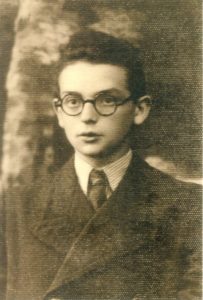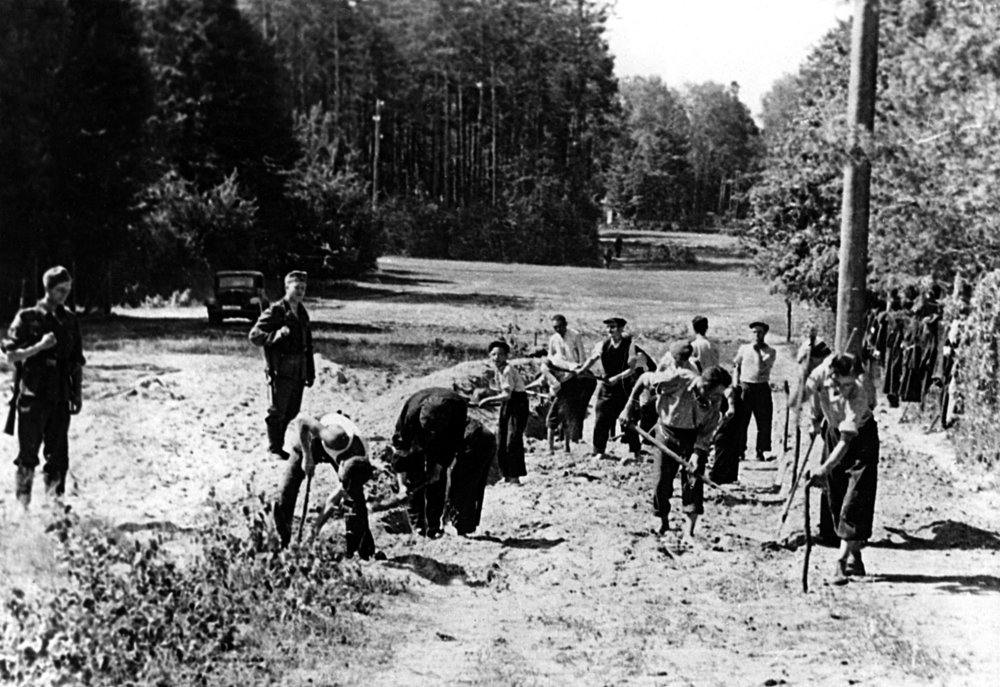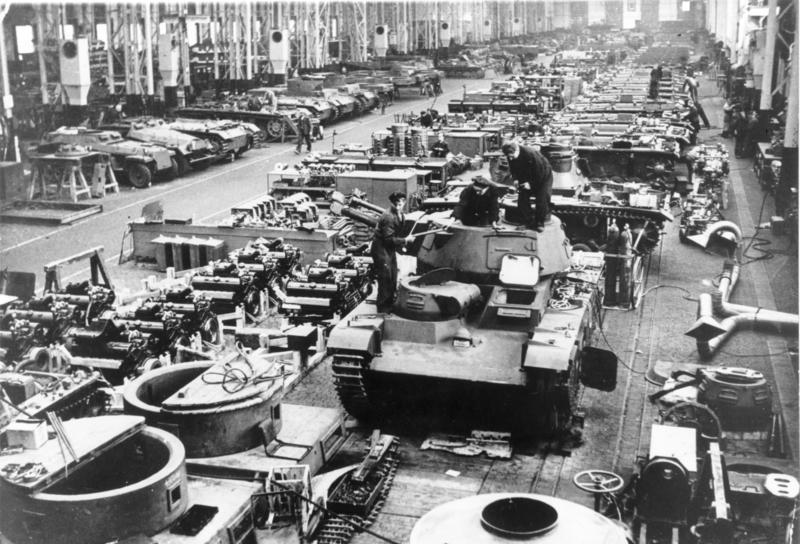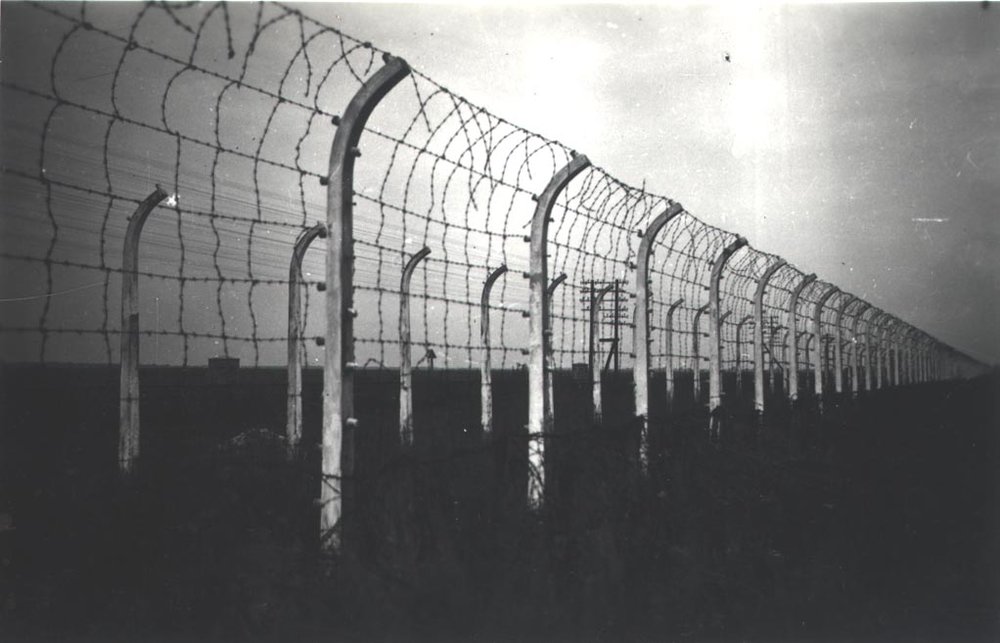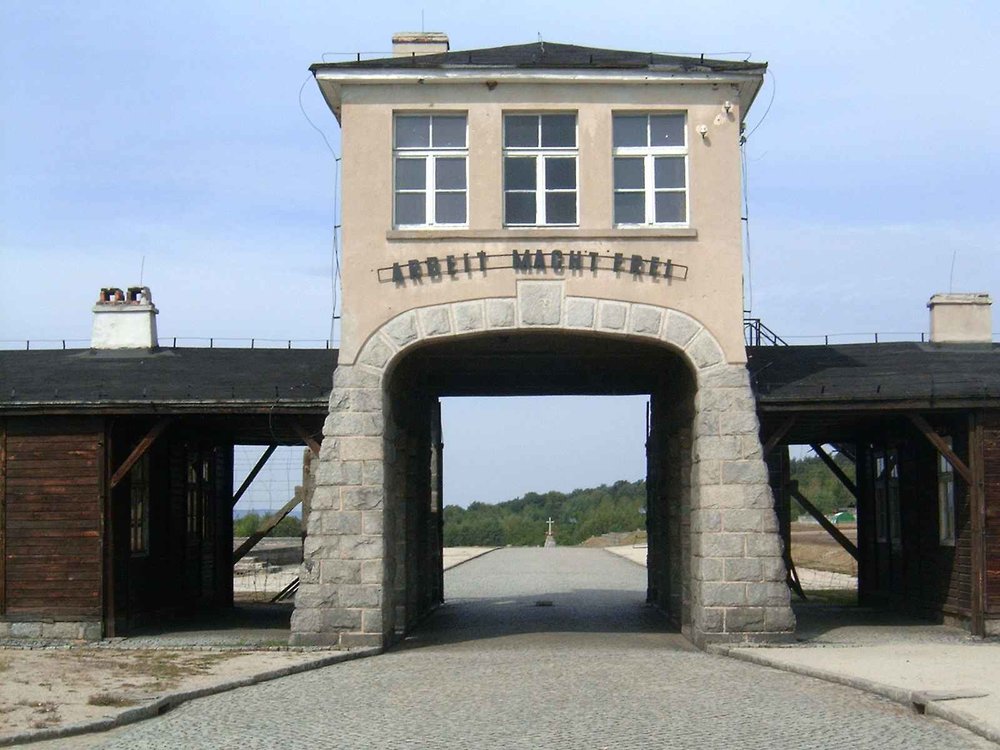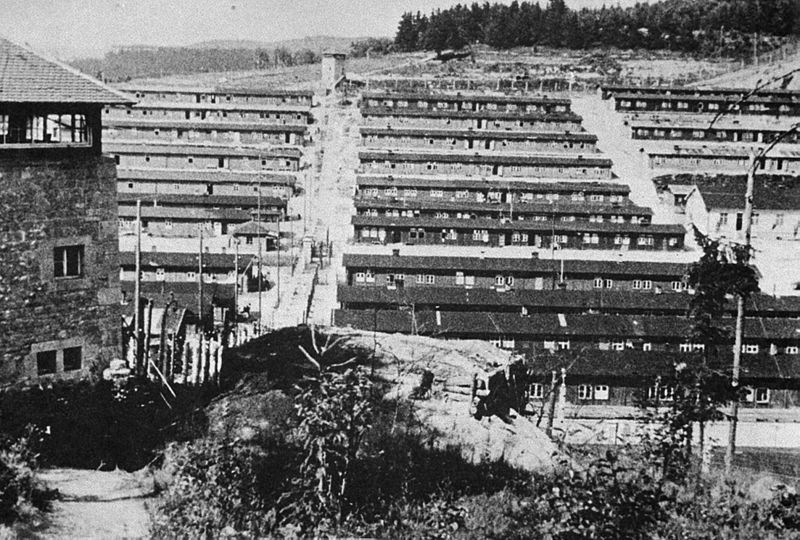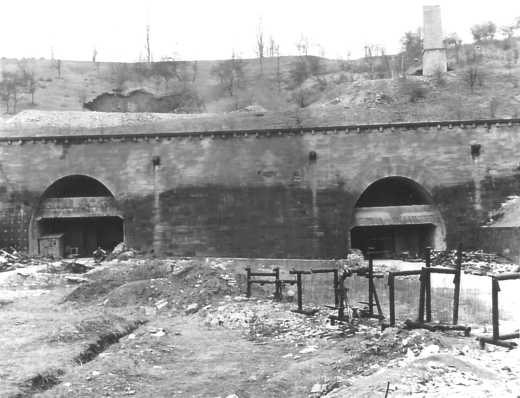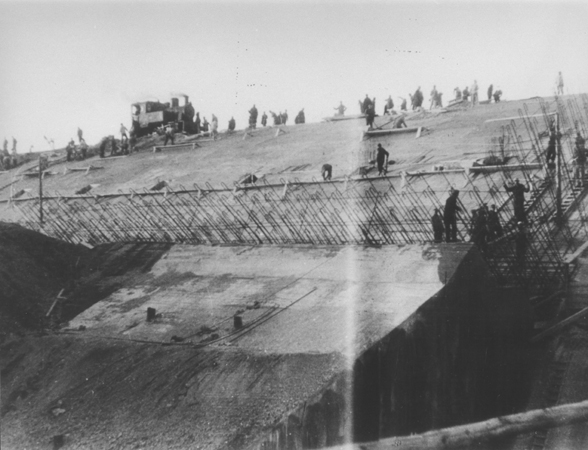Holocaust Matters is an interactive educational tool for anyone interested in the Holocaust including schools and those with a professional or personal research interest. It is run by the family of Holocaust survivor Dr Ernst Israel Bornstein to showcase excerpts of his memoir ‘The Long Night’ which tells of his miraculous survival from seven Nazi labour and death camps during World War II.
Users can explore and learn from the historical topics and universal themes within the book.
As well as being a historical source Ernst’s survival story has thrown up sensational new perspectives on the Holocaust and how history is remembered or forgotten to this day.
Without the words as his legacy his story would be lost.

